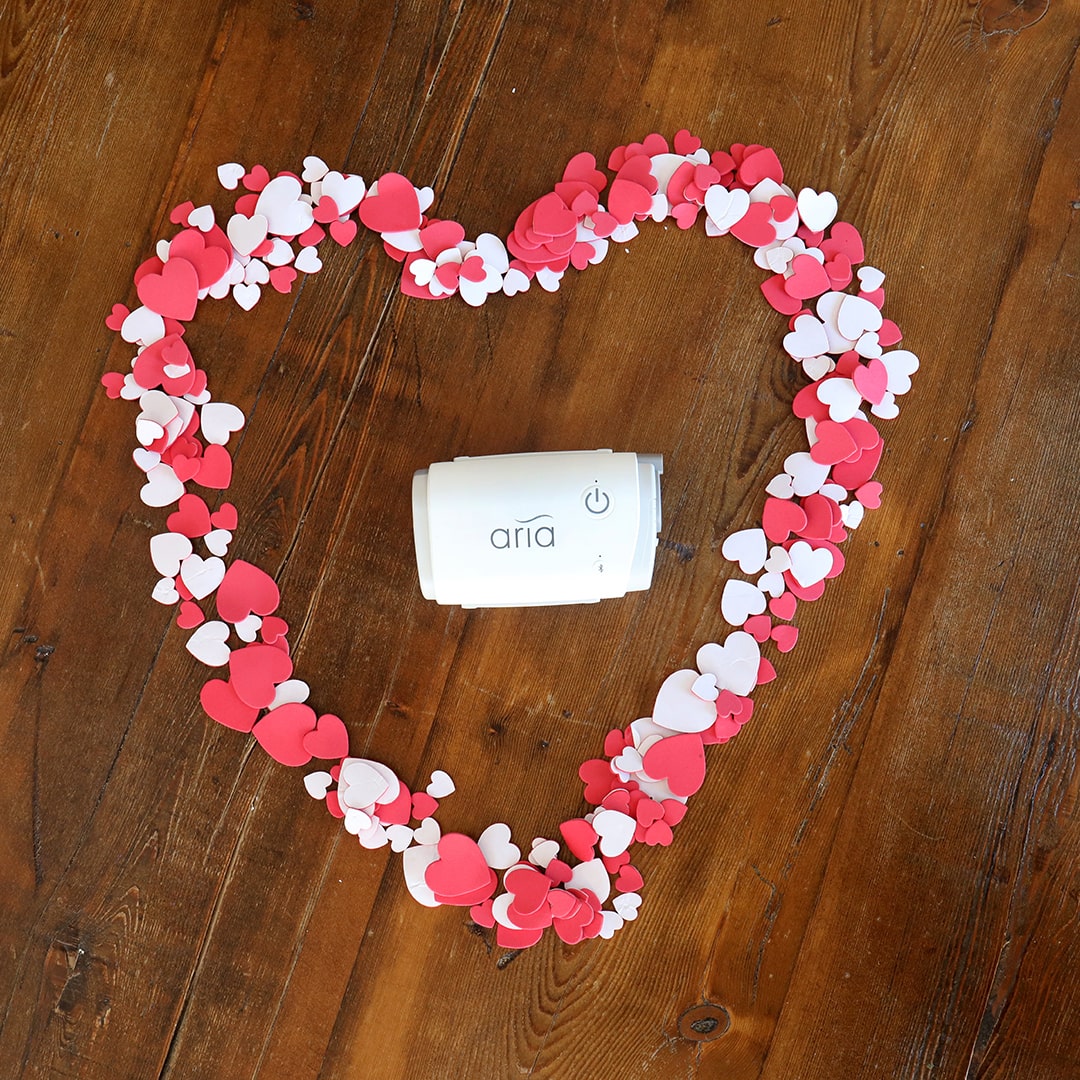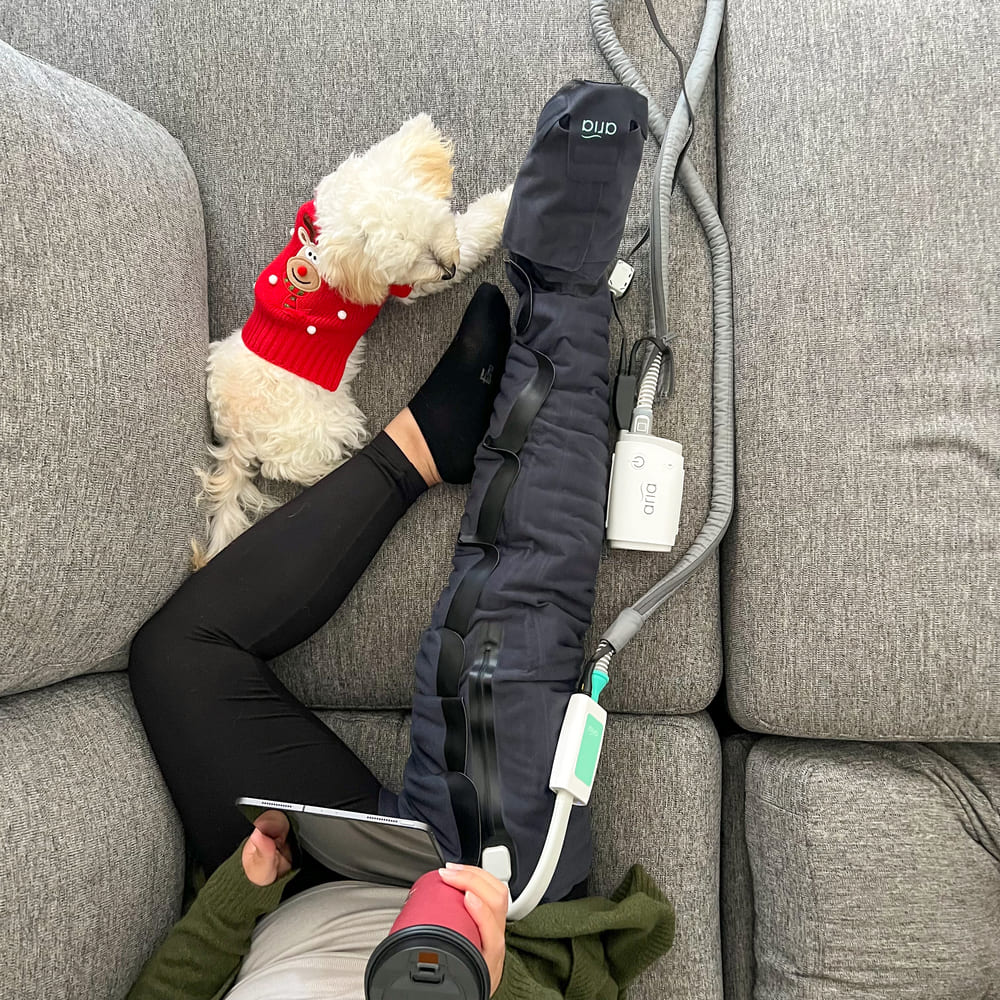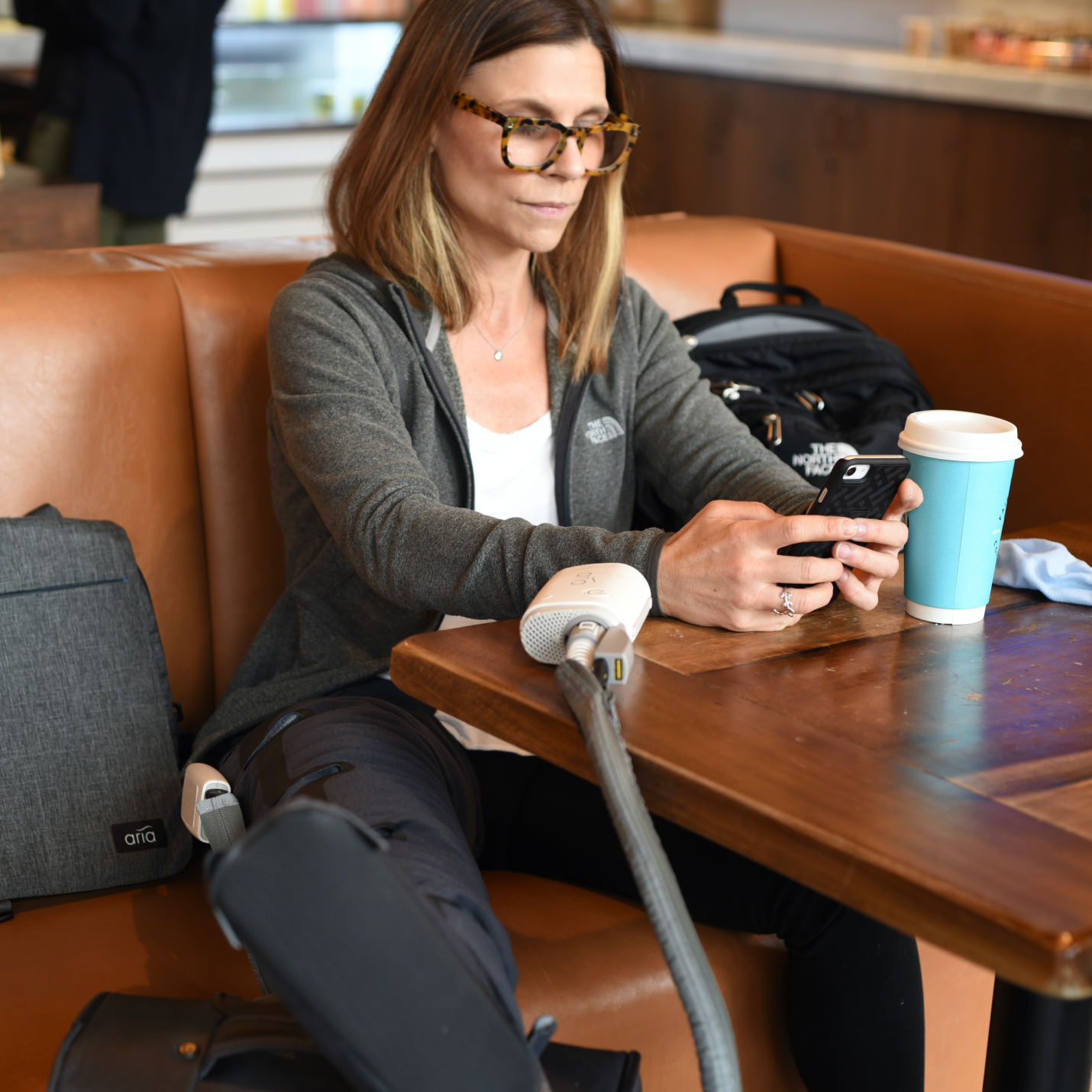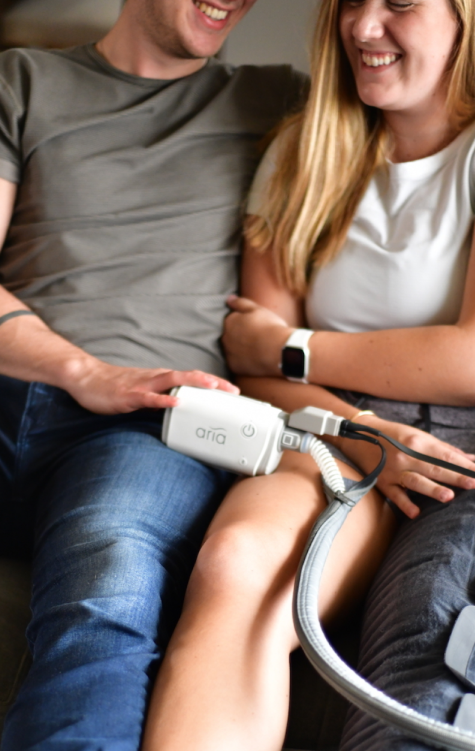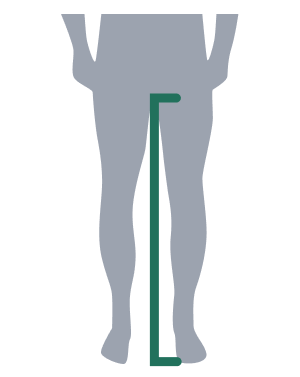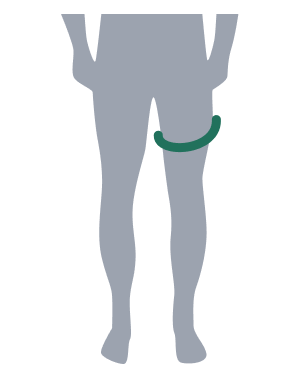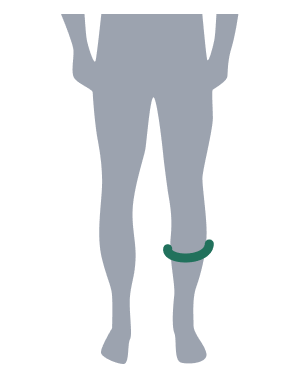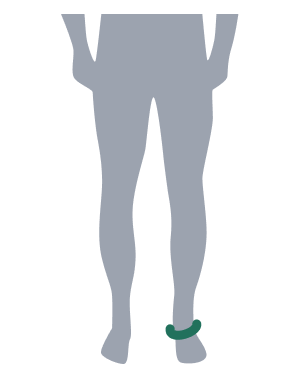With spring on the way, we’re all looking forward to spending more time outside, whether that means puttering in the garden or finally taking that trip. Read on for some tips designed to help make hobbies, travel, and everyday activities safer and more enjoyable for those living with lymphedema or other chronic edemas—because a little knowledge is a powerful thing. (And so is our little pump!)
The basics
Whether you are newly diagnosed or have been managing your symptoms for a long time, it’s important to keep up your daily routine. Movement and exercise are especially important. There are just some precautions you’ll want to take to help prevent injuries and infection.
Body position
In general, avoid being stationary for long periods of time—get up and move around at least once an hour if you are able to do so. You’ll want the lymph to drain, so if your arm is affected, keep it comfortably elevated (ensuring that it stays below shoulder height) by resting it on a pillow. If it’s your leg, try reclining with your legs up, or sit with your leg up on a chair or ottoman, ensuring that you are supporting your knee with a cushion or pillow. And avoid sitting with your legs crossed. Finally, if you have lymphedema in your head/neck, you should sleep with your head elevated—either with a foam wedge or a pillow or by raising the bed itself.
Clothing
Wear clothes that are comfortable and allow you to move freely. It’s also a good idea to always try to wear comfortable shoes, particularly if you’ll be on your feet for a long time. (Tip if you have to stand around: Do some heel raises, shifting your weight from side to side, and get in some steps, if possible.) Lastly, make sure you wear your compression garment as recommended by your healthcare provider.
Showering and bathing
Avoid showering or bathing in extremely hot water. Besides carrying the risk of burning or damaging your skin, hot water causes vasodilation of the blood vessels. It’s recommended that you spend no more than 15 minutes in the water and keep temperatures below 102° F (38.9° C) Hypoallergenic soaps can help prevent skin from becoming irritated. Make sure to dry your skin completely, pat the skin gently instead of rubbing it, and take extra care to dry between your toes.
Working and playing outdoors
Protect against cuts, infection, bites, and sun exposure by wearing insect repellent and sunscreen. A hat and loose-fitting clothing will also protect your skin and help keep you from overheating. If you enjoy gardening, use gloves and long pants to protect your hands, arms, and legs from scratches and other injuries from working with soil or thorny plants. Wear comfortable shoes and avoid standing for long periods of time. If the beach is more your speed, avoid walking barefoot—cuts can lead to a serious infection. If you go swimming, make sure to shower afterward and dry off completely, paying special attention to the skin between your toes.
Smoking and drinking
It’s a good idea to avoid both. Drinking alcohol is not a nutritionally sound use of calories, but beyond that, it causes vasodilation of blood vessels and increased flow of lymph. This is not handled well by an impaired lymphatic system, and so additional swelling can result. If you do drink alcohol, monitor the swelling in your affected limb. Smoking, of course, carries many health risks, and narrows the blood vessels, preventing fluids from properly flowing out of the affected limb.
Taking good care of your body
Being overweight can increase the progression of lymphedema, and in individuals with lymphedema, any extra weight increases the work the lymphatic system has to do. Successfully managing lymphedema means working to maintain a healthy diet and a healthy weight for your body type. Certain foods may increase swelling, and sodium can cause excess water retention. If you notice swelling after you eat, keep a food diary to see if you can determine which food may be causing the swelling.
Travel
Keeping up with your therapy routine is important—true at home, and true when you’re away. Traveling poses particular challenges, and that’s why a highly portable pump that goes wherever you go can make all the difference.
Trains, planes and automobiles
Choose your travel outfit for comfort. If you regularly wear a compression garment on your affected limb, you’ll want to wear that, too. Gentle stretching exercises can be beneficial, and your healthcare provider may be able to recommend a set of exercises for you. If you’re flying, a vascular specialist may be able to tell you whether or not a compression garment would be necessary on any unaffected limb. Because it’s helpful to get up and move around when possible, you may wish to book an aisle seat. If you’re traveling a long distance by car, all the same clothing advice applies. See if you can plan your drive with time to take regular breaks: where safe, get out of the car, stretch, and walk around some. Your healthcare provider may have additional guidance.
Flying with your highly portable Aria Free™
You’re ready for take-off! Aria Free was designed for freedom and flexibility, and it’s cleared for air travel. Download your copy of the Aria Health travel compliance letter and know that you’re also free to use your device on the plane!
International voltage compatibility
Aria Free comes with a universal power supply that works with voltage standards across the globe. However, you’ll want to make sure you have the adapter that’s appropriate for the region in which you’ll be traveling. If you find you’ve forgotten yours and you’re staying at a hotel, check with the front desk—they frequently have adapters available for use.
Exploring
While traveling, take the same care you do at home to avoid sunburn, insect bites, and excessive temperatures, and injuries. Protect yourself with sunscreen, insect repellent, wide-brimmed hats, and appropriate clothing for the activity you’re taking part in.
Vaccinations for travel
It’s important to consult your doctor before getting any vaccinations. If you’re approved for shots, we recommend that you not get them in any limb that’s affected by lymphedema, but you should always check with your healthcare provider with any questions you have.
Travel-friendly therapy that’s just plain friendly!
- Our compression pump is the size of a smartphone.
- The streamlined garment slips on and off easily.
- A pause-and-walk button offers complete convenience.
- A single hose lets you disconnect without removing the garment.
- It all packs into its own travel bag.
No more scheduling your life around therapy—spring into spring with the freedom and flexibility of Aria Free.
The information provided in this article is for informational purposes only. It is not a substitute for professional medical advice, diagnosis, or treatment. Always seek the advice of your doctor or another health care provider if you have any questions about a medical condition or treatment, and do not disregard your doctor’s advice because of any information provided on this site. If you think you may have a medical emergency, immediately contact your doctor or call 911.



